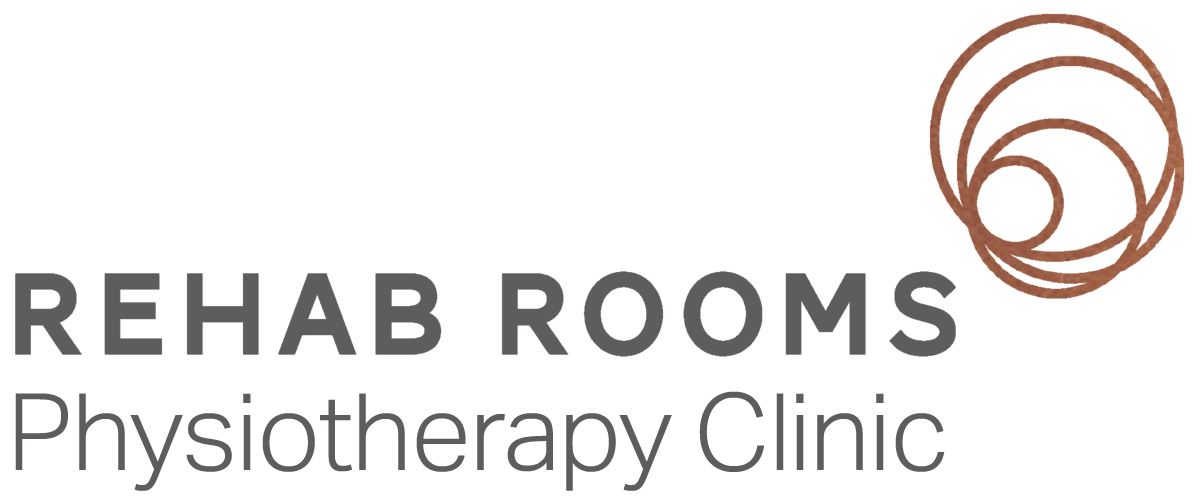“Running From The Pandemic”
By Sarah Doyle Chartered Physiotherapist
Hello everyone, We hope you are keeping well. We have put together a short blog to give some useful guidelines to help manage your training load and prevent niggles or sniffles from turning into injuries or illness. Please see below. Due to the new restrictions on our movements, particularly in Dublin, more and more of us may take up running or increase our running time. I think I can speak for most of us when I say running is a great physical and mental release during a time of such uncertainty. Whether you are a beginner runner, elite athlete or simply someone who enjoys running outdoors, the sudden increase in mileage combined with a tired body can quickly push us into the red - especially when we are already coping with additional stress.
Self-Monitoring Keep a diary (doesn’t have to be fancy). Fitbit/Garmin watches can assist.1) Sleep: hours slept – aim for 7-8hrs for better recovery.2) Sleep quality: how many times are you waking? Nightmares? How rested do you feel on waking?3) Average heart rate: resting HR best taken in the morning. Can monitor training HR’s if needed.4) Diet: food & fluid intake. Ensure adequate intake for sessions & recovery. MyFitness Pal or similar can assist.5) Mileage: daily & weekly training volume. Strava can be a handy tool to chart your miles.6) Muscle soreness (DOMS): how would you rate body soreness from 0-10 (0 being none & 10 being worst possible).7) Energy: how are you feeling during training & generally throughout the day?8) Motivation/mood: how motivated do you feel? Mood scale: excellent/good/fair/poor.9) Training preparation: anything in particular that worked well/didn’t work ahead of training?10) Injury/illness: note any persistent niggles/sniffles/cuts/blisters that won’t heal. Gives us insight in to injuries that may require professional help or immune system issues.
Self-Maintenance Without proper recovery strategies & injury management, our backs/hips/knees/calves and feet can begin to feel the effects. We may feel as if we are sinking in to the ground while running! Some useful tips here include:1) Pre run activation: gluteal activation exercises with a mini band are useful along with drills focusing on hip, knee & ankle mobility.2) Stretching: dynamic stretching is best before training & static stretching (15-30s holds) is best during your cool down or as part of your flexibility routine.3) Foam rolling: assists in warming up the muscles before exercise & loosening out particular muscles that may need extra attention.4) Massage: get deep tissue/sports massage every 3-4 weeks & use a massage gun/magic stick/peanut ball in the meantime to manage any knots. A simple tennis ball used over the glutes and under the foot can make a big difference.5) Physiotherapy: are you finding yourself always having to stretch/roll/massage the same muscle group in order to get through the week? You might be stretching a muscle that needs strengthening. It is always best to assess persistent niggles/pains & have a properly designed rehabilitation programme/management strategy.6) Strength & Conditioning: the more robust & resilient your body, the more training it can tolerate. A tailored programme is a worthwhile investment.
Recovery1)Epsom salt baths: magnesium aids muscle recovery after more intense sessions. Drink water while in the bath. No longer than 15-20 minutes.2)Nutrition: runners often tend to work in a calorie deficient state – it is essential to ensure sufficient carbohydrate/protein/fat to fuel recovery & subsequent sessions so that you maximise your adaptations to training3)Hydration: adequate water & electrolyte intake is a must for our body’s metabolic function and nutrient delivery. Using electrolyte tablets or dioralyte sachets are helpful if you are a particularly salty sweater.4)Sleep: the foundation of recovery and essential for physiological and cognitive functioning.5)Sleep deprivation, reduced reaction times, poor cognitive function and lower mood are intricately linked. Immune system function is compromised by insufficient sleep, significantly increasing our risk of injury and/or illness.6)Active recovery: consider cycling, cross-training or even a dip in the sea instead of pushing the intensity of training again on tired, heavy/sore legs. If, like me, you suffer with tight calves, using compression socks or sleeves can provide some relief.
Mental Well-Being 1)“Working from home”: this has been challenging for most people to say the least. Trying to juggle home demands along with a work schedule is not an easy task at the best of times. With the children back at school and after school activities up and running, please keep in mind that you are not a failure if you are not getting as much work done as you had hoped – be that training or office work. Inadequate home working environments are adversely affecting posture so be sure to take regular breaks and to check in with your physiotherapist/health professional if you are experiencing areas of particular soreness.2)Social media drain: finding yourself constantly scrolling Instagram/Facebook/Twitter? Take care not to get consumed by poor quality information sources that more often offer opinions than anything else. Follow credible sources such as WHO and HSE. Be mindful that what you see on social media is often a perceived reality – people tend to post the “best bits” and; if we are feeling a little off/vulnerable, we can allow these things to make us feel worse. Life is not a bed of roses for anyone – focus on yourself and what is in your control3)Social links: it is still difficult to spend quality time with our friends/family members and some of us are still nervous to be out and about more than we need to be. Try to stay connected with people via WhatsApp, Zoom, FaceTime and other online platforms. This will help to promote a positive approach during such anxious times.To a certain extent, the pause button has been pressed on normal life for now. While we can’t organise holidays or plan events, lets view this time as an opportunity to further build our strengths and develop our weaknesses.
Stay safe, stay well and look after each other. The Rehab Rooms Team.

